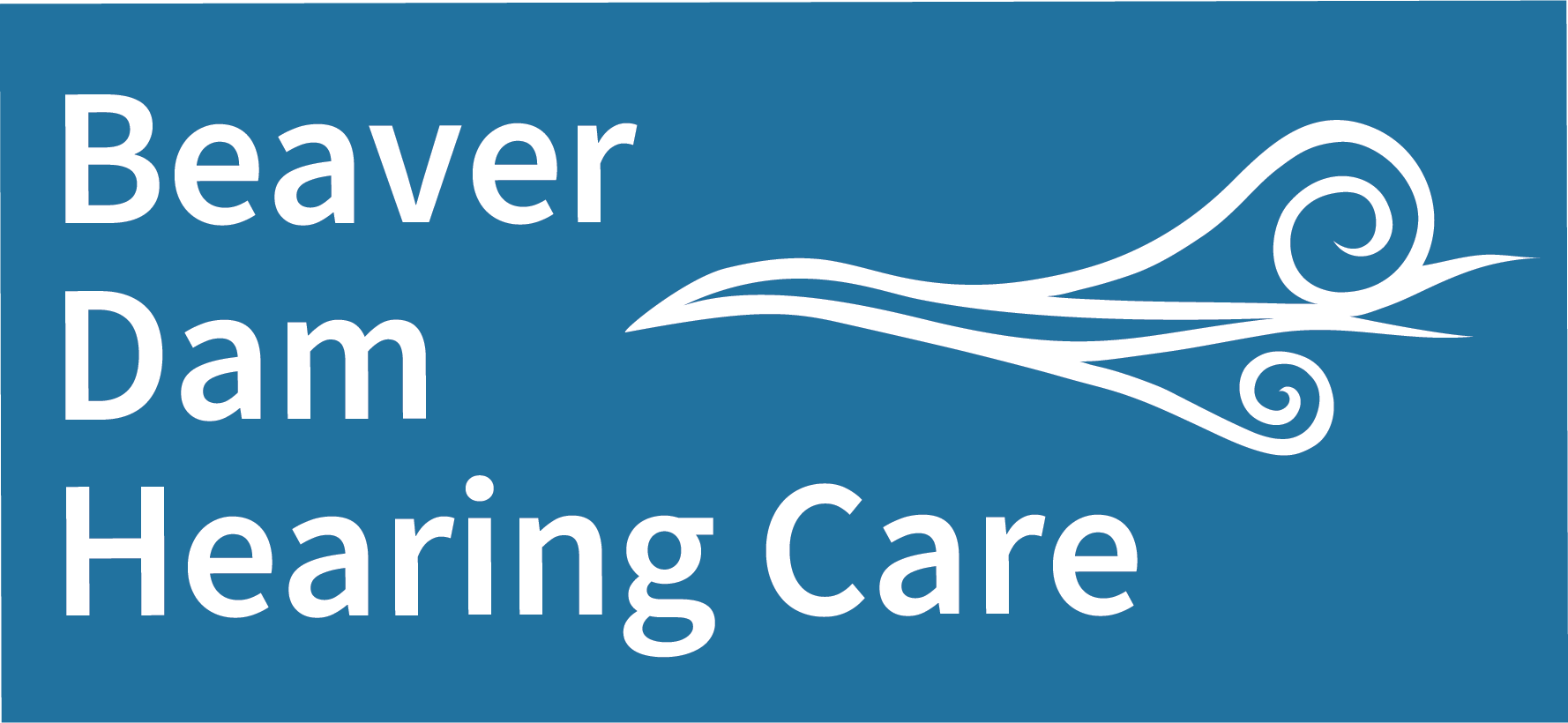During the winter months, many of you will travel to visit friends and family or head to warmer destinations to escape the cold days of winter. While travel is usually quite enjoyable, communication challenges can directly impact one’s experience during family visits and vacations.
According to the Better Hearing Institute, 1 in 6 baby boomers (14.6%) are experiencing hearing trouble, and as boomers continue to reach retirement age, more and more will look to spend their well-deserved retirement days traveling.
We would like to offer the following tips to help those experiencing hearing difficulty better enjoy their travels.
- Don’t miss important announcements. Low-quality PA systems can make airport and station announcements difficult to hear and understand. Be sure to set a vibrating alert on your smartphone or watch with your departure time, and check video monitors frequently for updates. You can also ask a fellow traveler sitting nearby to keep you posted on important announcements and boarding instructions.
- Texting isn’t just for teens. Airports, train stations, and public transportation are places with significant background noise, making it difficult to hear on the phone. Use text messaging to coordinate and communicate easily with drivers and traveling companions.
- Utilize looping technology when in a looped facility. The majority of today’s hearing aids are equipped with telecoils. When turned on in a looped facility with the push of a button, the technology allows the user to hear with clarity in noisy public spaces. Loop America provides a full list of looped facilities in the U.S.
- Book hearing-accessible accommodations. Many hotels will provide accommodations such as closed caption TVs. Some hotels are now providing looping in rooms and lobbies.
- Leave in hearing devices through security checkpoints. The Transportation Security Administration recommends leaving hearing devices in place when going through airport screening. Be sure to ask the security officer for assistance or to repeat instructions if needed. Visit the TSA’s website for information about the screening process for people with hearing loss and assistive hearing technology.
- Pack and plan accordingly. A vibrating alarm clock, extra hearing aid batteries, cleaning brush, and protective waterproof case for your aids are great items to pack for travel. Additionally, when traveling to a hot and humid location, you will want to bring along a small drying kit to protect your hearing aids from moisture.
If you do encounter a problem with your hearing technology while traveling, just give us a call at (920) 319-4219. If we can’t help you, we will find someone nearby who can.


